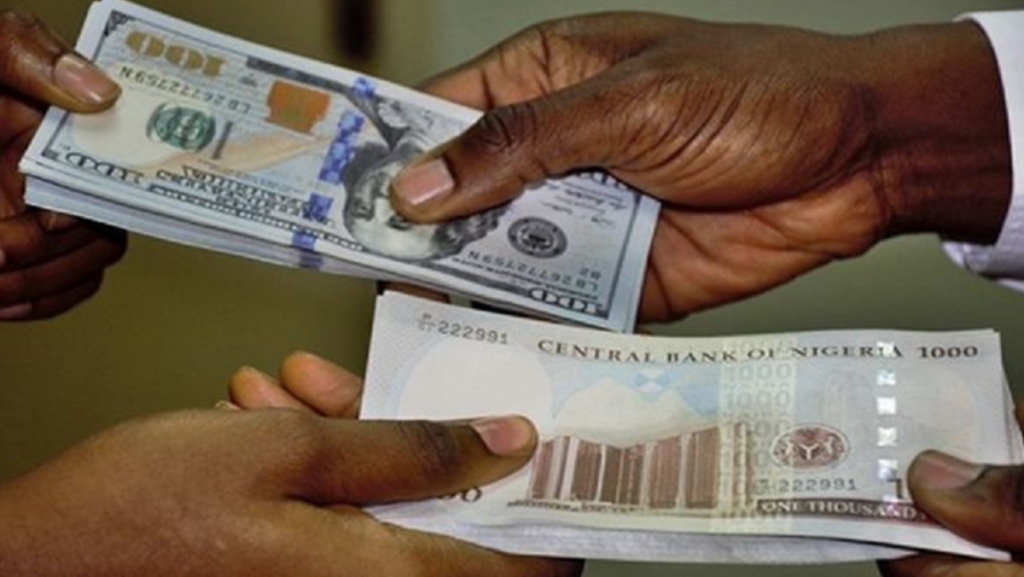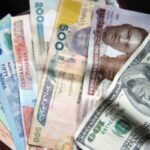The naira depreciated to its lowest level in three weeks on the official market on Wednesday, June 5, 2024.
Closing at N1,488.60/$1, the naira experienced a 0.78% drop from the previous day on the NAFEM window, according to the latest data from the FMDQ Securities Exchange.
Join our WhatsApp ChannelOver the past three weeks, the naira has shown a highly volatile trajectory. On May 27, the naira saw its highest strength within the last three weeks, trading at N1,173.88/$, after a 14.09% appreciation. However, the gains were short-lived as the currency quickly depreciated again. This sharp contrast underscores the naira’s volatility amid economic pressures.
In addition to the dip in value, the foreign exchange (FX) turnover rate today was reported at $205.43 million, a 13.32% decrease compared to the previous day. This drop in the FX turnover rate, coupled with the naira’s depreciation, may signal a potential lack of confidence among traders and investors in the currency’s stability.
Amid these developments, traders and economists are keeping a close watch. John Adekunle, a currency trader in Lagos, said, “The naira’s movement is unpredictable. One day it’s up, the next it’s down. It’s hard to make long-term decisions in such an environment.”
READ ALSO: Naira Stable On More Dollar Sales
As Nigeria grapples with various economic challenges, the naira’s depreciation poses further complications for policymakers and businesses alike. The currency’s instability can lead to increased costs for imported goods and services, which in turn could drive inflation higher.
However, the Central Bank of Nigeria (CBN) and the government have been making efforts to boost forex liquidity in the market and the value of the naira. The apex bank has maintained a tight monetary policy stance to manage inflation and stabilize the naira.
The CBN recently announced that International Oil Companies (IOCs) can sell 50% of their repatriated export proceeds to authorized forex dealers. This new directive aims to boost forex liquidity, helping to mitigate volatility and foster a more stable economic environment.
Nevertheless, the persistent demand for foreign exchange and the resultant pressure on the naira have posed challenges to these efforts. On the fiscal side, President Bola Ahmed Tinubu plans to discontinue the payment of taxes and levies in foreign currency through an executive order. To reduce pressure on the naira, the order also mandates that all levels of government and their agencies prioritize the procurement of Made in Nigeria goods and services.
Earlier, Fitch Ratings noted that the ongoing foreign exchange (FX) reforms are necessary to boost foreign direct investment (FDI) and foreign portfolio investment (FPI). In a presentation on Monday, Gaimin Nonyane, Director of Sovereigns at Fitch, stated that Nigeria’s current account (CA) will be strengthened by increasing oil refining capacity, but the reforms are still crucial in attracting foreign investments.
The government and CBN’s efforts to stabilize the naira and enhance forex liquidity are crucial. However, the naira’s current volatility reflects deeper economic challenges that need addressing to achieve long-term stability. As trader Adekunle put it, “We need consistent policies and reforms to see real change. Until then, the naira will keep swinging.”
Emmanuel Ochayi is a journalist. He is a graduate of the University of Lagos, School of first choice and the nations pride. Emmanuel is keen on exploring writing angles in different areas, including Business, climate change, politics, Education, and others.


















Follow Us